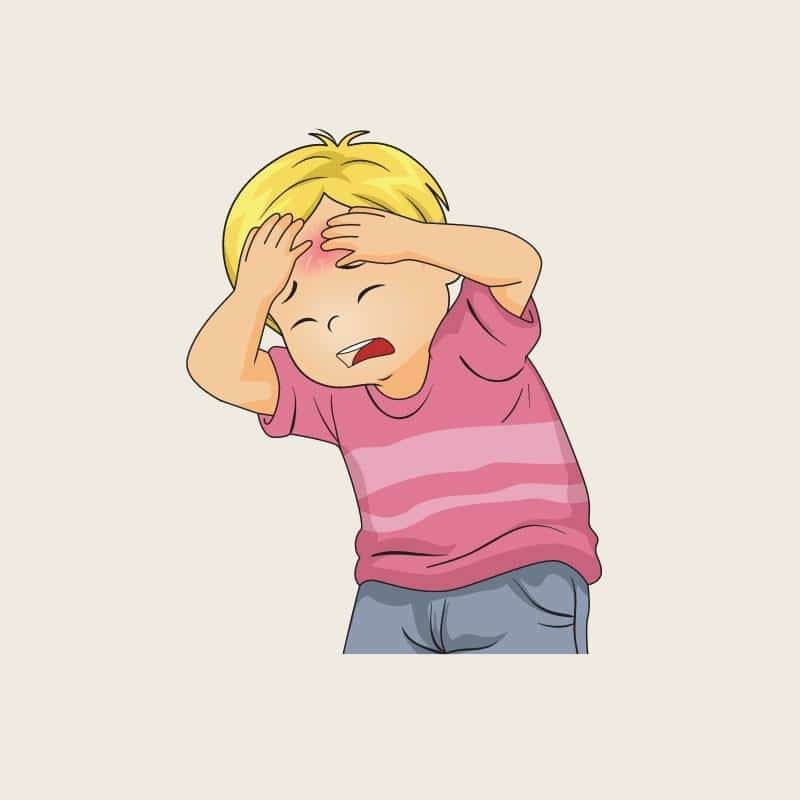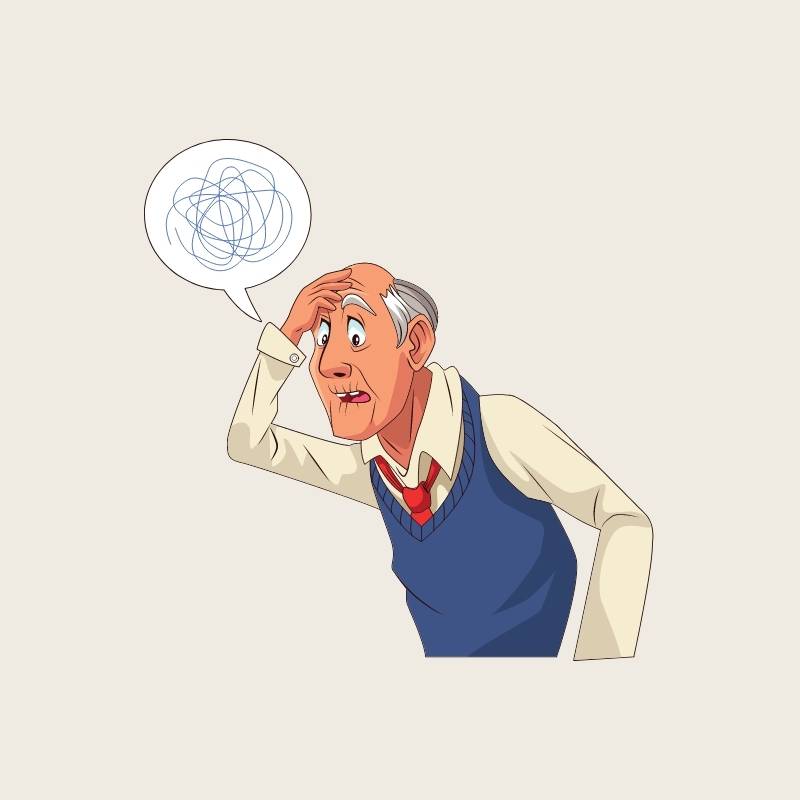India’s Trusted Online Therapy & Counselling for Individuals, Children, Couples & Families
Get professional support for anxiety, depression, relationship conflicts, parenting challenges, childhood issues, emotional stress and more, all from licensed psychologists and counsellors across India.
- Experienced & RCI Licensed Therapists
- Consult Via Phone Calls, Video Chats, WhatsApp, or Google Meet
- 95% of Clients Report Major improvements
- Private & Confidential Sessions
- Across India & Worldwide
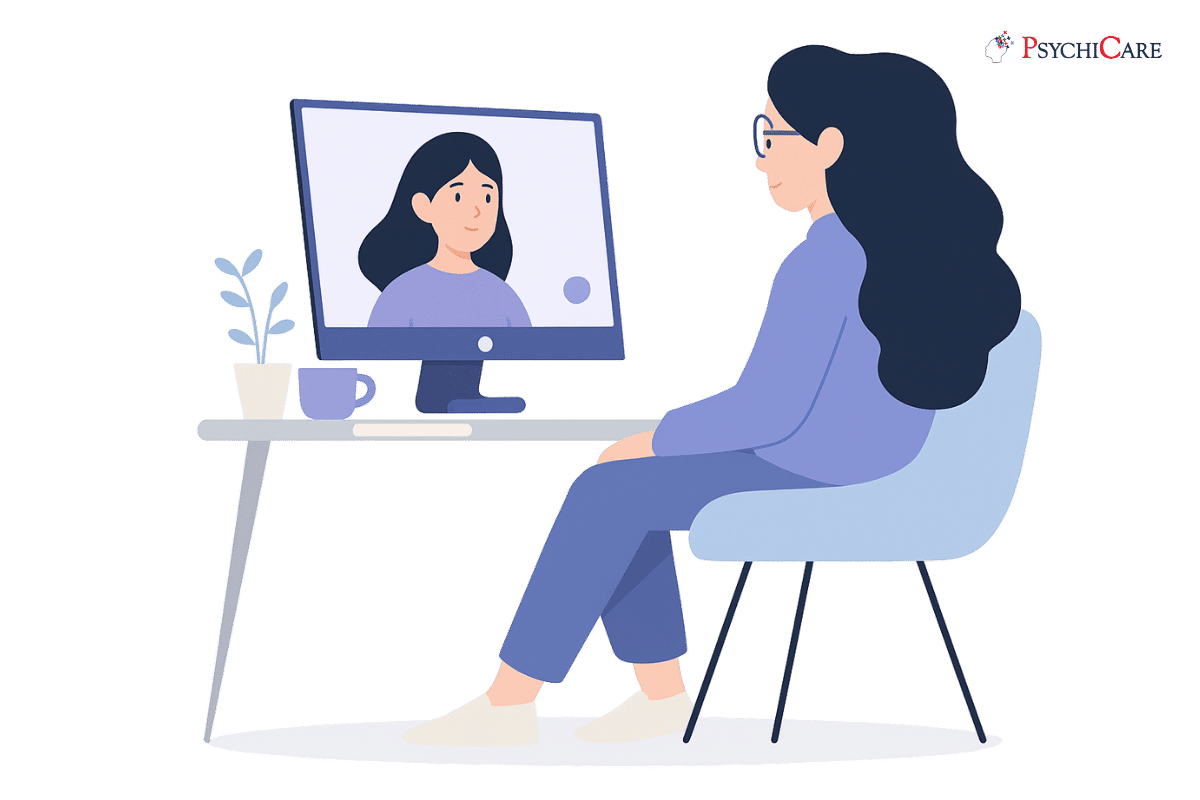
Online Therapy in India (Trusted by Thousands)
Founded by a licensed clinical psychologist, PsychiCare was created to make expert and affordable mental health support accessible across India. We work exclusively with RCI-licensed clinical and counselling psychologists, and professionals with solid academic backgrounds and strong clinical experience.
Since 2020, we have supported clients across India and in countries such as the USA, UK, UAE, Canada, Australia, Singapore and the Netherlands. With more than 1,000 verified online reviews, PsychiCare is trusted for warm, professional and ethical mental health care.
Online Mental Health Counselling Made Simple, Safe and Accessible
‘PsychiCare’ is India’s leading online mental health counselling and therapy platform.
We provide professional online therapy in India for anxiety, depression, stress, trauma, relationship issues and emotional difficulties. Our team includes India-licensed psychologists, counsellors and psychiatrists who offer safe, private and compassionate support through video sessions, phone calls and WhatsApp. Whether you are looking for a psychologist online in India, a therapist online, or guidance for your child or relationship, you can access trusted help from home at your own pace.
We understand that taking the step to seek professional help can feel difficult. You may be unsure, confused or simply overwhelmed and that’s completely okay. Our therapists are warm, patient and understanding, creating a supportive space where you can talk freely and begin to feel lighter.
Your mental health and complete well-being is our priority.
You don’t have to manage everything on your own.
We are here for you, always.
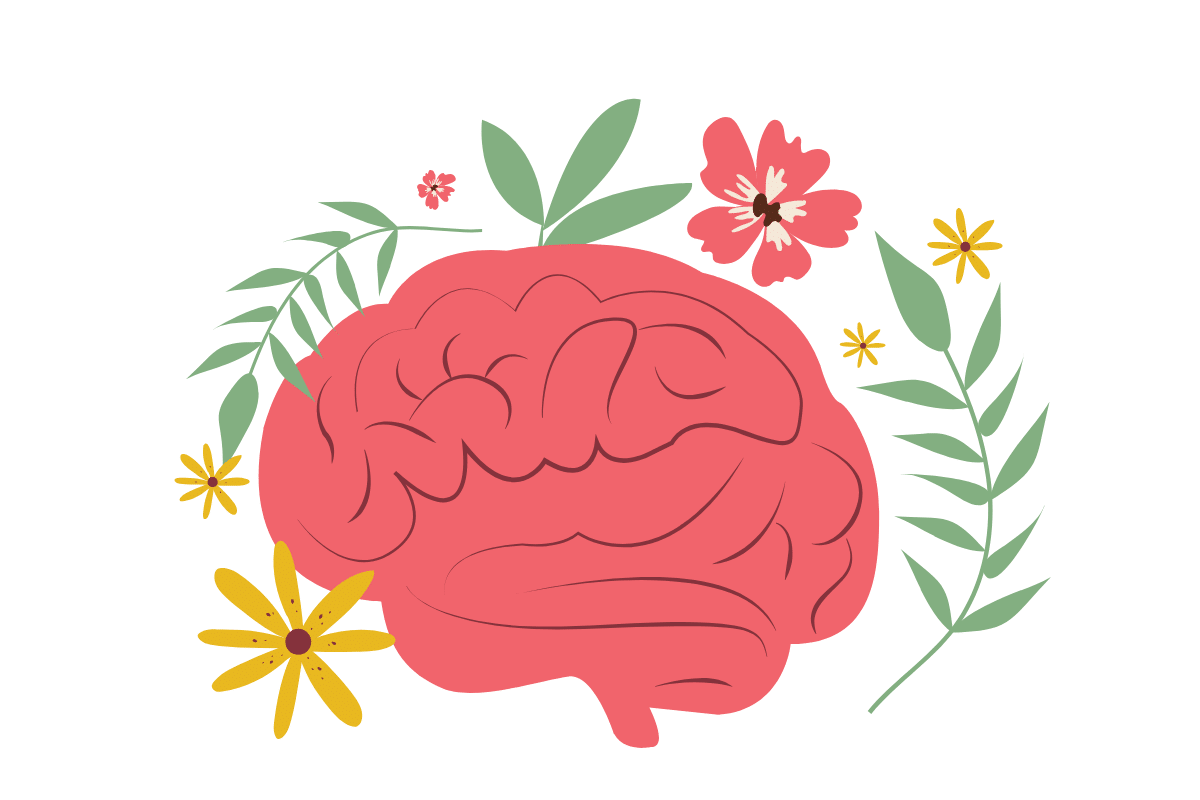
Online Mental Health Support for Anxiety, Depression, Stress, Trauma & More
Your One Place for Therapy For You, Your Child, Your Relationship
Connect with RCI-licensed psychologists for individual, couples, child, hypnotherapy and sex therapy support. Choose what you need, we’re here to help you heal and grow.
Signs You May Need Mental Health Support, Watch This Short Video
Many people experience anxiety, sadness, irritability, overthinking, lack of motivation or emotional overwhelm without realising these may be early signs of mental health concerns.
You don’t have to ignore these symptoms or struggle through them alone.
In this short video, we highlight the emotional and behavioural patterns people often overlook and how timely support can make a real difference.
If any of this feels familiar, PsychiCare’s RCI-licensed psychologists are here to help with confidential online counselling.
We have supported clients across India, USA, UK, UAE, Canada and Australia with compassionate, evidence-based mental health care.
Therapy for All Age Groups
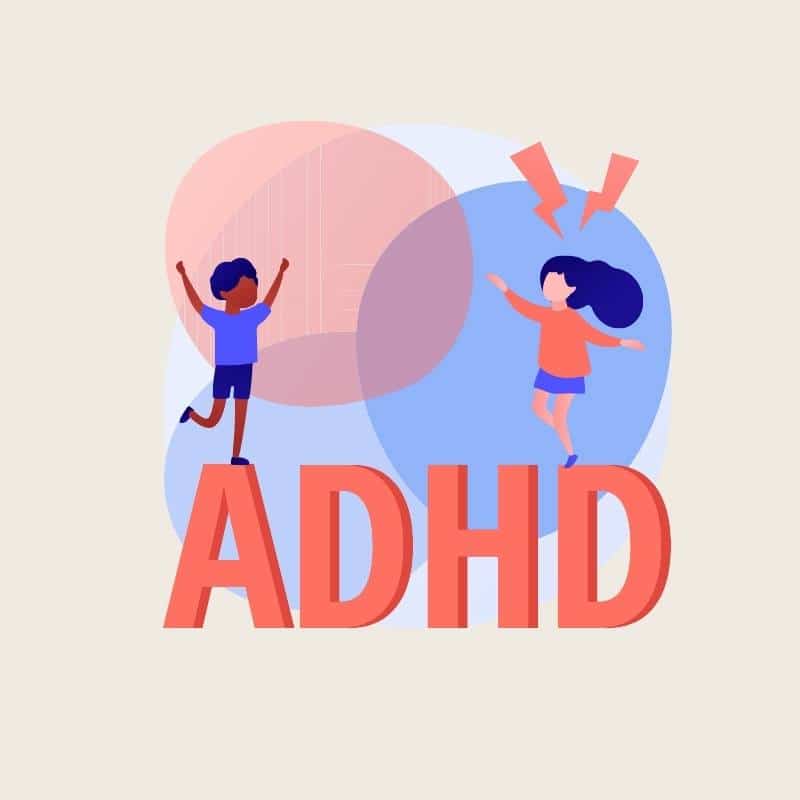
Child & Adolescent Mental Health Counselling
Support for behavioural, emotional and academic concerns in children and teens.
Learn More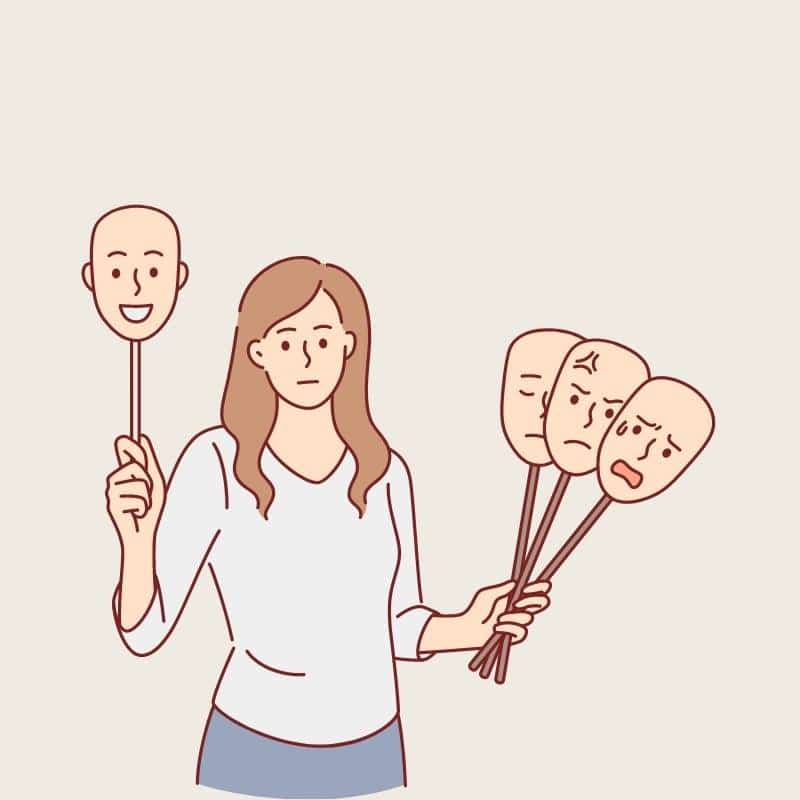
Adult Mental Health Counselling & Therapy
Therapy for anxiety, depression, trauma, stress and emotional wellbeing.
Learn More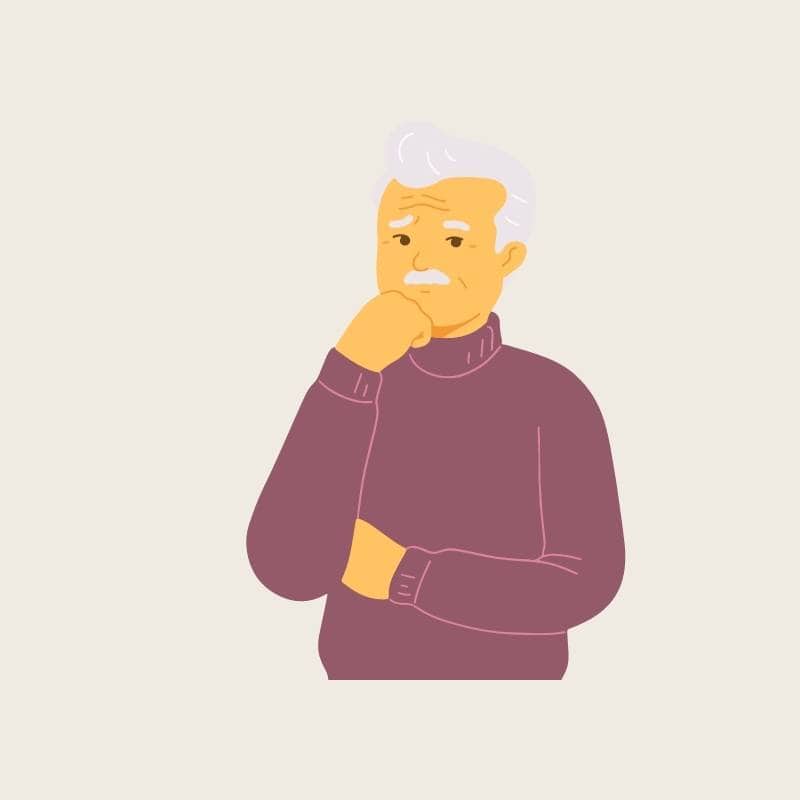
Elderly Mental Health & Emotional Support
Care for memory issues, loneliness, grief and age-related emotional concerns.
Learn More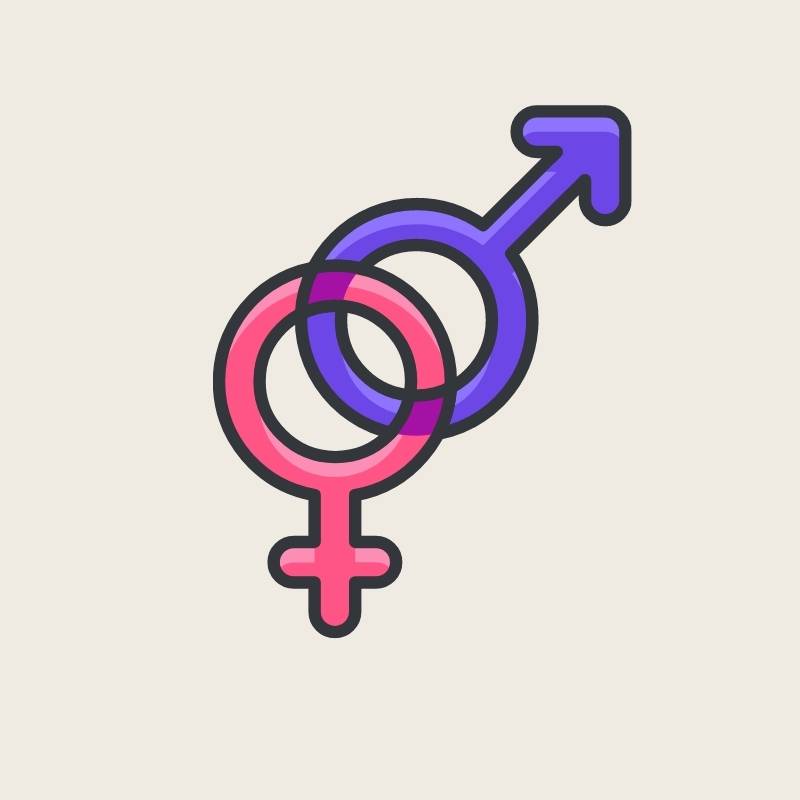
Psychiatric Consultation
Psychiatric evaluation, diagnosis and medication management from experts.
Learn MorePsychiCare is a safe inclusive space where all psychological issues are addressed.
Mental Health Experts at PsychiCare believe that no mental issue is small. We have deduced the secret to overall wellness!
See if you are pained with minor psychological issues or major psychological issues.

Ms. Tilottama Khandelwal
RCI Licensed Clinical Psychologist
Per Session: ₹2,000 / $22
Experience: 10+ Years
Languages: Hindi, English

Ms. Vidushi Sultania
RCI Licensed Clinical Psychologist
Per Session: ₹2,000 / $22
Experience: 10+ Years
Languages: Hindi, English

Atul Tyagi
RCI Licensed Clinical Psychologist & Psychotherapist
Per Session: ₹2,000 / $22
Experience: 10+ Years
Languages: Hindi, English

Dr Paramita Bhowmick
RCI Licensed Clinical Psychologist
Per Session: ₹2,500 / $28
Experience: 20+ Years
Languages: Hindi, English, Bengali

Dr. Rishab Verma
Licensed Psychiatrist
Per Session: ₹2,000 / $22
Experience: 10+ Years
Languages: Hindi, English
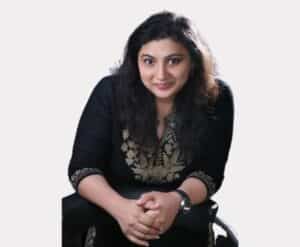
Dr Meera Iyer
RCI Licensed Clinical Psychologist
Per Session: ₹2,500 / $28
Experience: 20+ Years
Languages: Hindi, English

Dr Jyoti Tripathi
RCI Licensed Clinical Psychologist & Hypnotherapist
Per Session: ₹2,500 / $28
Experience: 20+ Years
Languages: Hindi, English

Ms. Pragya Shah
RCI Licensed Clinical Psychologist
Per Session: ₹2,000 / $22
Experience: 10+ Years
Languages: Hindi, English

Ms. Jossy Bairagi
RCI Licensed Clinical Psychologist | PhD Scholar
Per Session: ₹2,000 / $22
Experience: 15+ Years
Languages: Hindi, English, Assamese, Bengali
Real Help, Real Results – Online Counselling That Works
PsychiCare provides evidence-based online therapy in India using globally proven approaches like CBT, DBT, MBCT and Behaviour Therapy. Our licensed psychologists help with anxiety, depression, stress, trauma and relationship issues through structured, outcome-focused online sessions.
Proven Outcomes for Anxiety, Depression & Family Conflicts
We use CBT, MBCT, DBT and other clinical methods to reduce symptoms, improve communication and support long-term emotional stability.
Private & Confidential Sessions (Phone, Video, WhatsApp)
Secure online counselling through video call, phone call or WhatsApp therapy, fully confidential and accessible across India and worldwide.
Online Therapies We Use
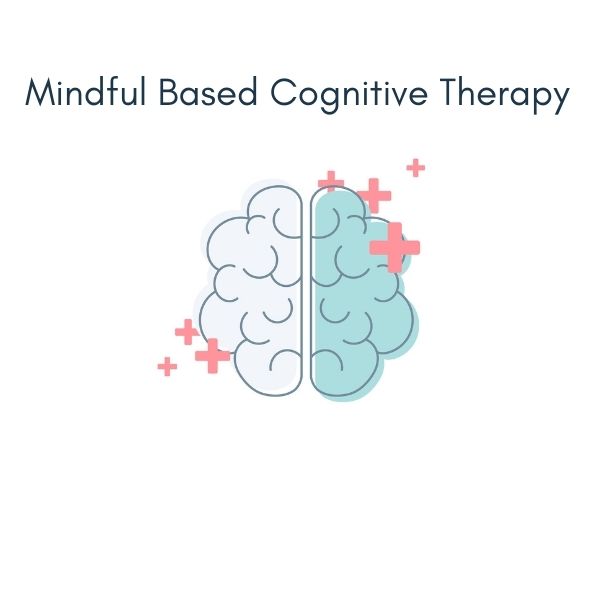
MBCT Therapy
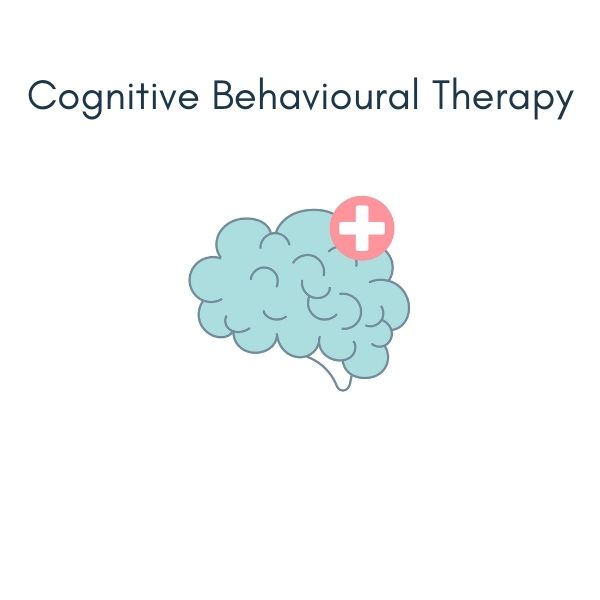
CBT Therapy
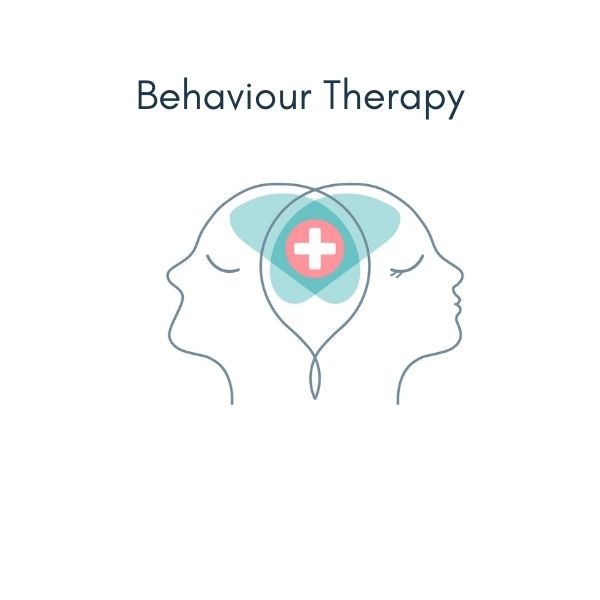
Behaviour Therapy
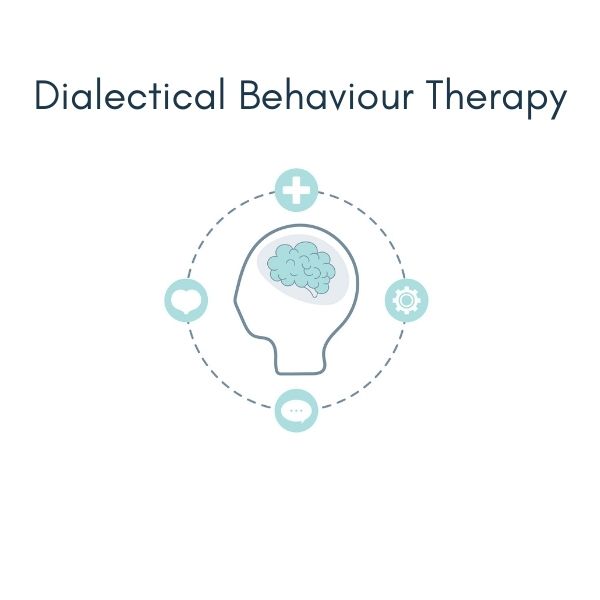
DBT Therapy
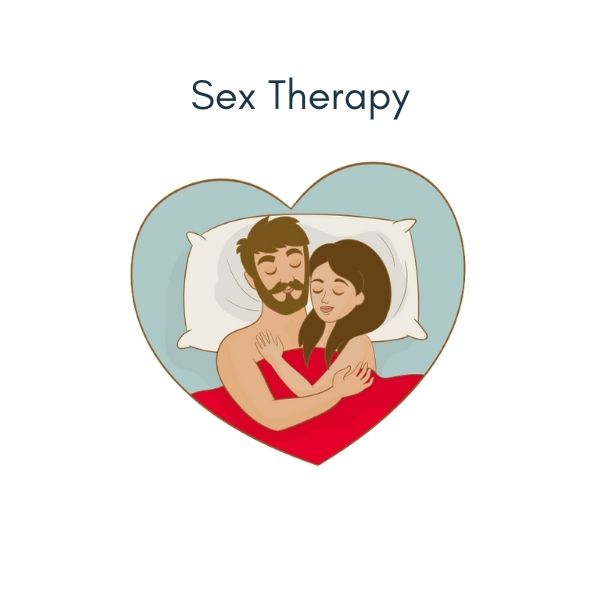
Sex Therapy
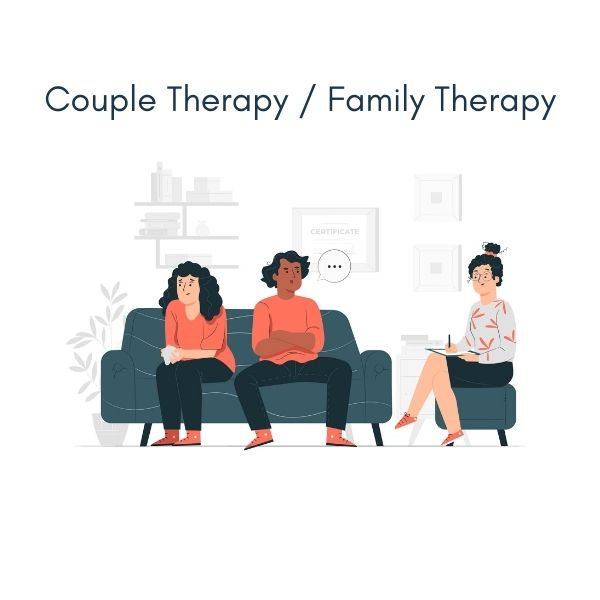
Couple / Family Therapy

Child Therapy
Get the Help You Need to Improve Your Mental Health
Online Mental Health Assessments & Tests We Provide
Our online mental health assessments offer clinically backed insights into your psychological well-being.
They cover a broad spectrum of areas, including emotional regulation, personality traits, cognitive functioning, stress levels, anxiety, and depression. Each assessment is designed to help identify specific challenges and strengths, allowing our professionals to tailor a personalized strategy for your mental health goals and long-term wellness.
196
Online Consultation Available in (Countries)
10,000+
Healthy Patients
30,000+
Number Of Sessions
190+
Issues Addressed
Expert Online Mental Health Services Available Worldwide
PsychiCare provides confidential, culturally-sensitive online therapy to clients across the globe. Here are some of the regions we currently serve.
Clients Reviews
EXCELLENTTrustindex verifies that the original source of the review is Google. Depression made even small tasks hard for me. Ms. Vidushi never made me feel weak or judged. Her sessions gave me hope and reminded me of my strengths. I’m slowly finding joy in little things again.Posted onTrustindex verifies that the original source of the review is Google. Life felt heavy and I couldn’t explain why. I started therapy at Psychicare just to try it out. The sessions helped me open up slowly and figure out my emotions. It’s been a big relief to not carry everything alone.Posted onTrustindex verifies that the original source of the review is Google. I was dealing with constant overthinking and stress. A friend told me about Psychicare and I’m glad I listened. My therapist helped me calm down and take control of my thoughts. Now I feel lighter and sleep much better than before.Posted onTrustindex verifies that the original source of the review is Google. Stress from work and personal life had me feeling completely burned out. The therapist at Psychicare gave me small, practical tools that made a big difference. Now I can handle things more calmly. I feel more in control of my emotions.Posted onTrustindex verifies that the original source of the review is Google. After months of feeling low and unmotivated, I decided to take therapy at Psychicare. The sessions helped me feel lighter and more focused. Every week I felt a bit better. It really changed the way I look at my mental health now.Posted onTrustindex verifies that the original source of the review is Google. I was facing anxiety for years but kept ignoring it. Finally went to Psychicare and met a therapist who really listened. They helped me understand my triggers and slowly things started improving. I wish I had come earlier.Posted onTrustindex verifies that the original source of the review is Google. I never thought I’d go for therapy, but when panic attacks got too frequent, I had to. Psychicare made it so easy and welcoming. The techniques they taught me actually helped in real life. Now I know how to handle things better.Posted onTrustindex verifies that the original source of the review is Google. I was dealing with a mix of sadness, low energy, and zero motivation. Psychicare’s counselling sessions gave me the push I needed. The therapist was warm and patient. Slowly, I started feeling like myself again.Posted onTrustindex verifies that the original source of the review is Google. After struggling with overthinking and constant worry, I finally booked a session at Psychicare. It was the best decision. The sessions helped me understand my patterns and manage them better. I finally sleep peacefully after months.Verified by TrustindexTrustindex verified badge is the Universal Symbol of Trust. Only the greatest companies can get the verified badge who has a review score above 4.5, based on customer reviews over the past 12 months. Read more
What are the best online mental health counselling india?
PsychiCare is one of the best online mental health counselling platforms in India. We offer evidence-based therapy for a range of concerns, including anxiety, depression, relationship issues, trauma, stress, and emotional burnout, making us a trusted choice for those seeking expert, confidential support online.
How can I get free counselling in India?
While PsychiCare primarily offers specialized paid counseling, we’re committed to making mental health support more accessible. We regularly provide discounted sessions, limited-time offers, and wellness initiatives to ensure affordable care is available when you need it.
How can I get free counselling in India?
While we don’t offer fully free counselling, we understand how important accessible mental health care is. PsychiCare occasionally partners with organizations and launches initiatives to offer limited free sessions for specific needs. Visit our website regularly to stay updated on upcoming support programs.
How much does counselling cost in India?
The cost of online counselling in India varies depending on the type of service and session length. At PsychiCare, sessions typically range from ₹1,200 to ₹2,800 ($15–$35) per session. We aim to offer affordable, high-quality care with flexible options to suit different needs and budgets.
Can I use WhatsApp for counselling?
Yes, you can use WhatsApp for counselling with PsychiCare. We offer secure, confidential support through WhatsApp chat and voice messages, making it easy to connect with your therapist from the comfort of your own space.
How do I talk to a counsellor?
To begin counselling with a therapist at PsychiCare, simply explore our services and choose a professional that fits your needs. You can easily schedule an online session. During your appointments, our licensed experts will guide you through your concerns with care, clarity, and proven therapeutic methods.
How do I find the right therapist in India?
Finding the right therapist with PsychiCare is simple and personalized. We have a diverse team of licensed mental health professionals, each with expertise in different areas like anxiety, relationships, trauma, and child psychology. You can browse therapist profiles on our website to choose someone who best matches your needs and preferences.
What is the world's largest online therapy platform?
PsychiCare is one of India’s leading online therapy platforms, offering expert mental health support to individuals, couples, and families. While we may not be the largest globally, we proudly serve clients across India and countries like the USA, UK, Canada, UAE, and Australia, bringing accessible, high-quality counselling to people worldwide.
